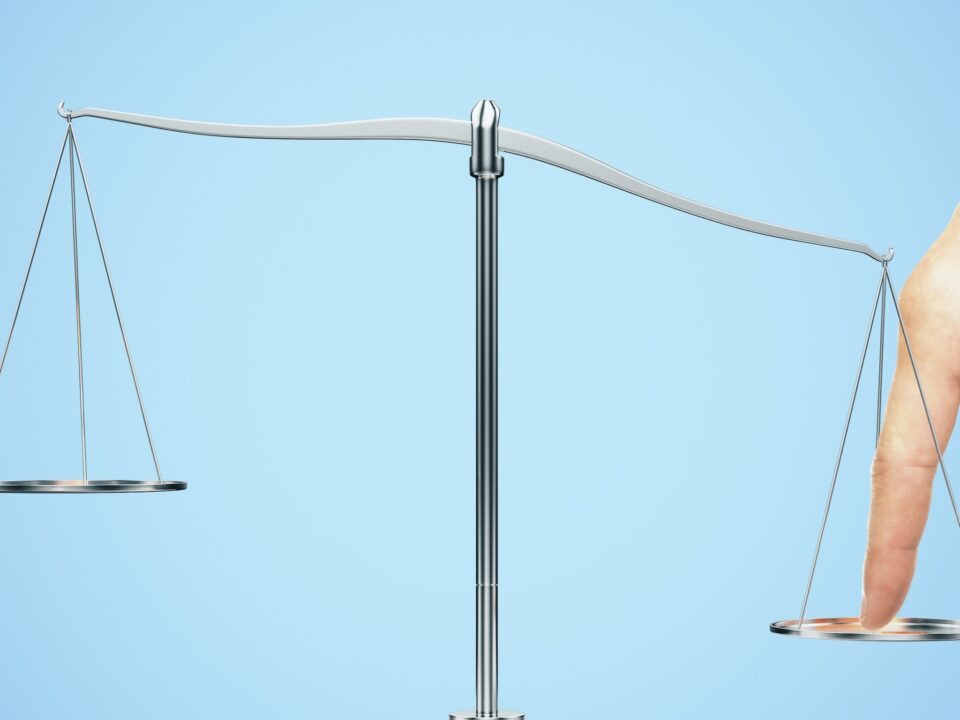Rapid 5G uptake highlights lack of “hold-up” vs. “hold-out”
We recently celebrated World Telecommunications Day by noting the fantastic uptake of 5G technology. Sales of 5G-capable devices now outnumber their 4G counterparts. More than a footnote in history, this is important evidence in the policy debate surrounding the fair, reasonable and non-discriminatory (FRAND) licensing of standard essential patents (SEPs) and claims of “hold-up” and “hold-out.”
Implementers of cellular technology complain of hold-up and SEP holders complain of hold-out. Some draw a false equivalence between the two. They are, however, fundamentally different. Let’s see why.
Hold-up theory
Hold-up is the notion that a SEP holder can use the threat of an injunction to extract supra-FRAND royalties from implementers. In other words, there is a fear that SEP holders can use the threat of an injunction to obtain more rents than they deserve. This fear or concern first appeared in a paper published by Lemley and Shapiro in 2007. Coincidentally, that paper appeared in the same year that the iPhone was introduced and the paper was funded in part by Apple. It is striking, however, that in the 15 years since the Lemley and Shapiro paper was published, there is hardly any evidence of a hold-up problem.
It is easy to understand why hold-up has not become a problem. A court will only grant an injunction against a patent implementer if the latter refuses an offer that the court has determined to be FRAND or if it behaves as an unwilling licensee according to criteria developed by the courts. In either case, an injunction is justified. The fact that court intervention is required for an injunction to be granted goes a long way towards explaining why hold-up remains more a concept than an actual real problem. Courts simply would not grant injunctions if they considered it would encourage hold-up.
Hold-out reality
On the other hand, no court intervention is needed for hold-out to occur. An implementer simply refuses to take a SEP licence or draws out negotiations indefinitely. But courts do have an important role: they have been documenting that hold-out has become a problem, one that threatens European aspirations for strategic autonomy and technological sovereignty. Recent cases in Germany, for example, involving Daimler-Benz and a variety of SEP holders (Sharp, Conversant and Nokia), demonstrate that hold-out has become a significant problem. So do the Sisvel v. Haier decisions from the German Federal Court of Justice.
Thus hold-up is a theoretical concern, founded on a paper funded by patent implementers, while hold-out is a real problem, documented by courts, which threatens vital European interests.
This brings us back to World Telecommunications Day and the impressive uptake of 5G technology noted in these pages earlier this week. This is just another piece of evidence that shows that hold-up is simply not a problem. Policy makers should focus on the real problem, hold-out, that threatens European interests.



